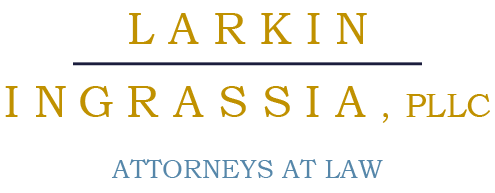Launched in September of 2019, the “Free to Drive” campaign aims to end the suspension of motorists’ licenses based on inability to pay the fines and other court fees associated with being convicted of a traffic infraction. Such suspensions, which are designed to motivate drivers to pay such fees, are often self-defeating because motorists who cannot legally drive to work if suspended will either 1) be unable to get to work to make the money to pay the fees; 2) be forced to rely on public transportation, which is often expensive or unreliable outside of New York City; or 3) further violate the law and rack up more court-related fees. Each of these options reduce the likelihood of collection.
In July of 2020, a bill[1] designed to end license suspensions for failure to pay fines, and for failure to appear in court on a traffic ticket in New York, was passed in the Senate and sent to Governor Cuomo for his review[2]. In addition to removing these types of suspensions, this bill would establish payment plans for individuals convicted of traffic tickets by which individuals repay their conviction-related fees at a rate of $10 per month or, if greater than $10, two percent of their monthly net income. The bill also directs the Commissioner of the Department of Motor Vehicles vacate all such suspensions within three months of the effective date of the law.
While certainly good news to the many who will now be able to legally drive to work and effectively manage their court fees and fines, many have voiced concern over removing suspensions for failure to appear in connection with the issued traffic tickets. Critics claim it will result in people “thumbing their noses” at the court system, and ignoring tickets since suspensions are no longer allowed. In reality, however, ignoring a ticket can still result in a conviction, which may result in a different type of suspension, and a longer, more difficult road to clearing it.
Default Judgment
If a motorist fails to answer a ticket, the court has the power to enter a plea of guilty on the motorist’s behalf. While the conviction is then considered a civil judgment, certain convictions will result in the automatic suspension of a driver’s license. As it would be based on a conviction, lifting such a suspension would require vacating the conviction upon which the suspension is based, which would require an application made to the court to vacate the default judgment. As with any court process, such applications can take weeks or even months to be decided. Should the court deny the application, an appeal may be filed.
Trial in Absentia
If a motorist answers the ticket with a not guilty plea, demands a trial, and willfully fails to appear at the trial, the law may allow the court to move forward with the trial in his absence. The court will take testimony from the police officers and other prosecution witnesses, and will determine guilt or innocence based purely on their testimony. The motorist, having willfully absented himself from the proceedings, will be deemed to have forfeit his right to confront the witnesses against him and to be heard. As with default judgments, should the conviction result in a suspension of the motorist’s license, applications will have to be made to the court to attempt to vacate the conviction. It may also require the filing of an appeal.
It remains to be seen whether Governor Cuomo will sign the proposed bill into law. However, even if it is made law, you should not ignore a traffic ticket and believe it will simply go away. If you or someone you know received a traffic ticket, an experienced attorney is still the best way to achieve the best result.
[1]: https://www.nysenate.gov/legislation/bills/2019/s5348 “NYSenate.gov” [2]: https://finesandfeesjusticecenter.org/2020/07/22/press-release-ny-legislature-sends-drivers-license-suspension-reform-bill-to-gov-cuomos-desk/ “Fines and Fees Justice Center Press Release”


